Region
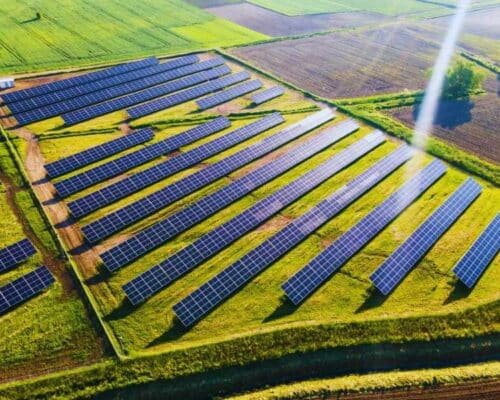
Foreign Direct Investment in Bangladesh: The Economic Impact
Bangladesh’s foreign direct investment in power and energy has entrenched fossil fuels, leaving renewables a mere 3% of electricity and worsening energy poverty and overcapacity. Policy hurdles, land conflicts and biased incentives have stalled a green transition, heightening economic and development risks.
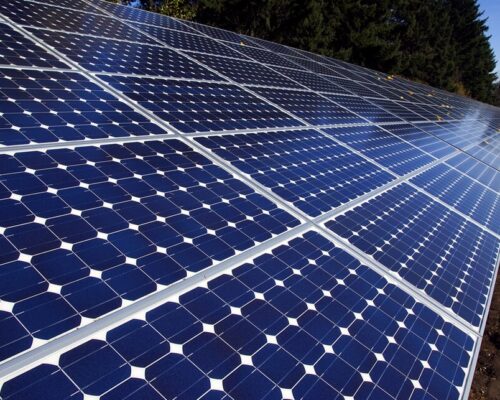
Perovskite Solar Cells Race: Japan’s Plan to Lead
Japan is racing to lead the global perovskite solar cell industry, aiming to install 20 GW by 2040 and build a self-sufficient supply chain. Despite promising technological advances and ambitious targets, cost and durability barriers remain, highlighting the need for bolder policy support to turn perovskites into a game-changer for decarbonisation and energy independence.
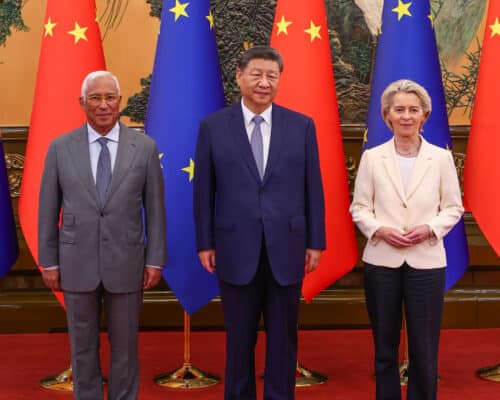
The EU-China Meeting Marks a New Era in Climate Diplomacy
The world has reached the moment when emissions must peak to keep the 1.5°C target within reach and avert the most devastating impacts of climate change. In the absence of the US, the China-EU climate cooperation offers hope that this might still be possible.

AI Data Centre Development in Japan and Clean Energy Transition
As AI data centres rapidly expand globally, their immense energy demands threaten to undermine decarbonisation efforts — unless powered by 100% renewables. Japan’s proactive “Watt-Bit Collaboration” aims to coordinate data centre growth with renewable energy development, but challenges around location and definitions of “clean energy” remain. The future of sustainable AI hinges on smart policy and clear energy standards.

2025 House of Councillors Election Results Bring Uncertainty For Japan
The election results indicate that the government may now need to make concessions to other parties to pass legislation. And with the growing influence of Trump-inspired parties, climate action and renewables-favouring energy policies might take yet another blow.

What Lawmakers in the Philippines Can Do To Lower Power Prices
While the Philippines has made strides in developing its clean energy market, accelerating the energy transition to levels consistent with a net-zero aligned pathway requires scaling up the build-up of renewables, expanding the power grid and limiting new fossil fuel capacity and imports.
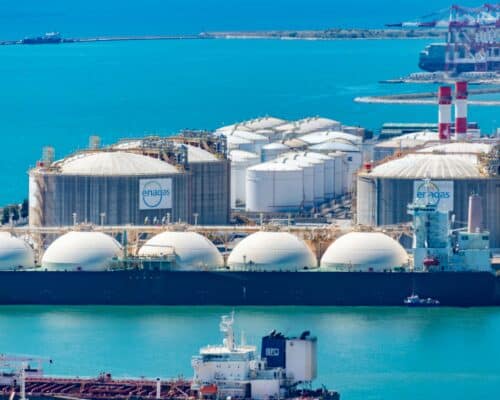
Philippines LNG Imports Costing Households Billions
Experts warn that plans to expand LNG import infrastructure, paired with the volatility of the fuel on global markets, will financially burden the country, as well as significantly increase electricity prices for consumers at times when cheaper, cleaner, renewable energy alternatives remain underutilised and readily available.
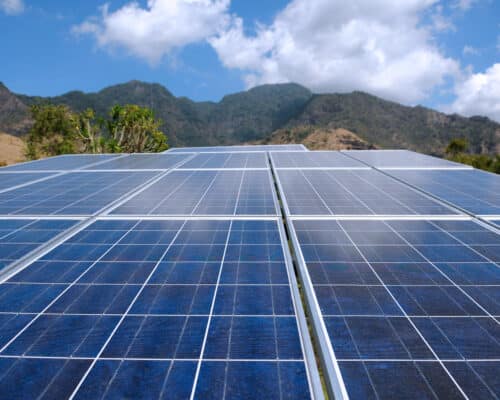
Indonesia’s RUPTL 2025-2034: New Electricity Supply Plan Misses the Mark
Indonesia’s new electricity plan signals a setback for clean energy. Increased reliance on fossil fuels and no clear plan for coal phaseout threaten both climate goals and economic growth. Despite abundant renewable resources, the country prioritises gas and coal, risking higher costs, environmental harm, and missed opportunities to lead in Southeast Asia’s clean energy transition.
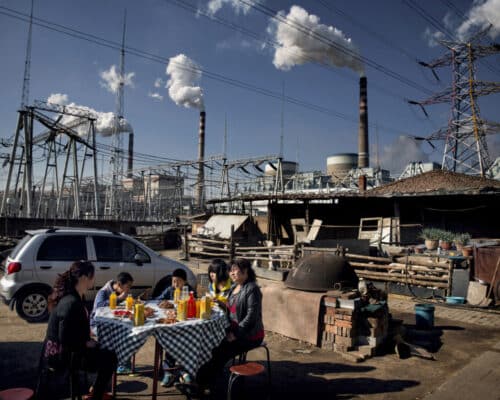
Stranded Assets Linked to MDB Finance Trigger Asia’s Economic Tailspins
Many Asian countries, including Bangladesh, face the economic fallout of investing in stranded fossil fuel assets. Despite billions spent on gas pipelines and power plants, these projects remain largely unused, highlighting the urgent need to shift towards affordable, renewable energy solutions.
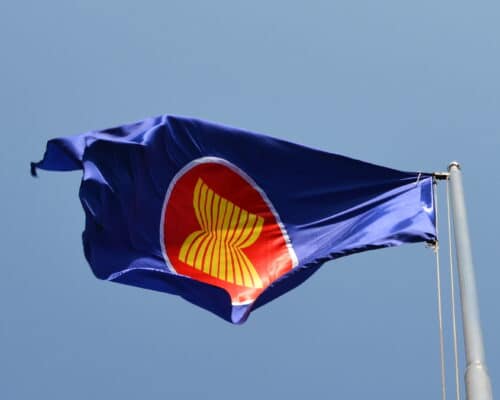
The 46th ASEAN Summit Ends With Pledges For Climate Action and Plans For More Fossil Fuels
The 46th ASEAN Summit in Kuala Lumpur concluded with numerous positives for regional cooperation and strengthened connections with China and other developed Asian nations. However, it also revealed that, despite all the talk about protecting communities from the impacts of climate change, leaders are determined to continue relying on fossil fuels.
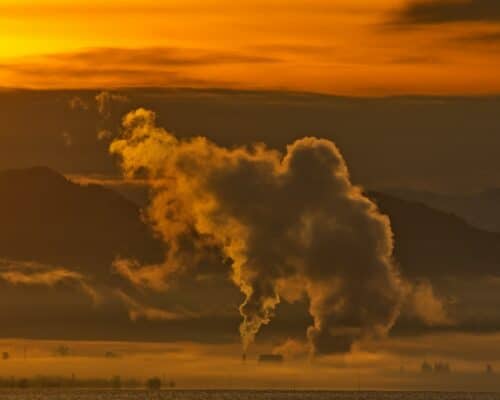
China’s CO2 Emissions Fall For the First Time
China's accelerated renewable energy deployment has allowed it to slash emissions and unlock the numerous benefits of the green energy transition, giving Southeast Asian nations a push to recognise and capitalise on the benefits of decarbonising their economies — from cost-cutting and energy security to ensuring a liveable future.
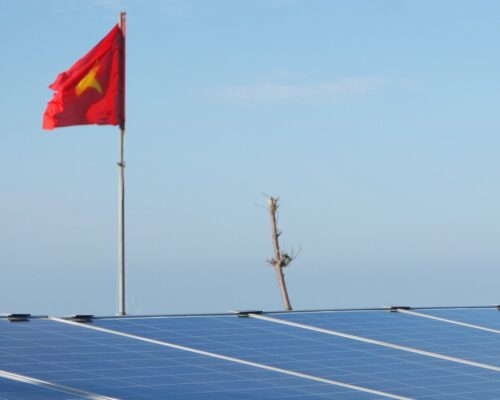
Vietnam’s Solar Energy Boom: Lighting Up the Future
Vietnam has undergone one of the largest solar booms in Asia. This boom results from favourable government policies, rapidly growing energy demand and ideal conditions for solar energy. The country's updated Power Development Plan 8 will continue this trajectory, with solar making up most of the country's energy supply by 2050.
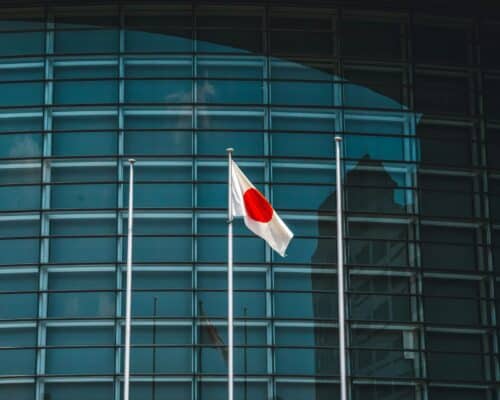
50 Years of G7: The Group’s Climate Leadership Hinges on Japan and Its Energy Policies
The processes taking place on the domestic stage in Japan, as well as its foreign energy policy, have a direct reflection on the image of the G7, which is supposed to lead the global energy transition and the efforts to minimise the impacts of climate change and protect the most vulnerable.
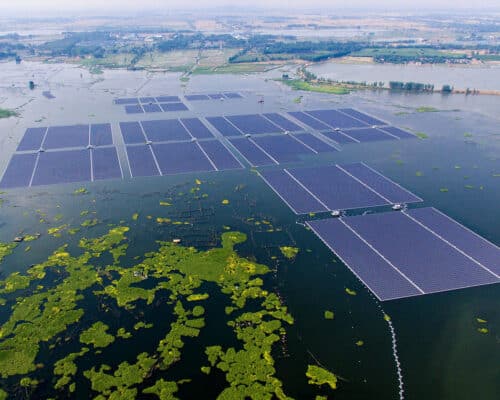
Solar Energy In Thailand: Policy Aspiration to Economic Engine
Solar energy is slated to be Thailand's largest renewable energy source in the coming years. It will be critical in driving the country's energy transition and achieving its decarbonisation goals. While growth has been steady, rapid deployment is needed over the next decade to make longer-term targets attainable.
Most Popular
Categories
-
10
-
35
-
126
-
4
-
17
-
46
-
52
-
11
-
15
-
10
-
24
-
6
-
5
-
1
-
6
-
285
-
200
-
17
-
24
-
1
-
1
-
23
-
41
-
44
-
88
-
18
-
86
-
41
-
17
-
11
-
43
-
54
-
86
-
299
-
22
-
44
-
36
-
11
-
42
-
36

